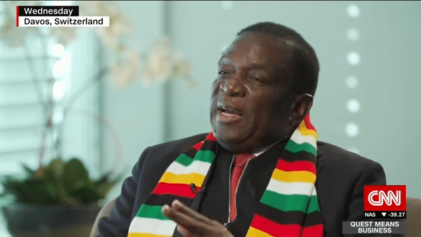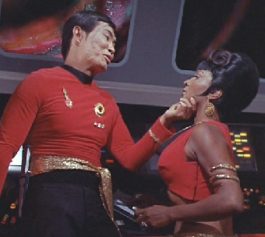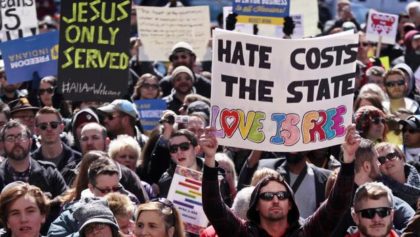The Episcopal Church on Tuesday approved an official liturgy for blessing same-sex unions, enabling priests who have the approval of their bishops to bestow the church’s blessing on gay couples whether they live in a state where same-sex marriage is legal or not.
The vote on gay blessings, which took place at the church’s triennial General Convention in Indianapolis, was 171 to 50. The vote was by the House of Deputies, which includes laypeople and clergy members. The church has a bicameral structure, and its House of Bishops overwhelmingly approved the new liturgy on Monday by a vote of 111 to 41, with 3 abstentions.
“This is significant because it’s saying, ‘This is around to stay — this is not a passing fad,’ ” said Mary A. Tolbert, founding director of the Center for Lesbian and Gay Studies in Religion and Ministry at Pacific School of Religion, in Berkeley, Calif. “It’s making a statement about the continued presence of gay and lesbian people among the congregations of the Episcopal Church, and that their lives need to be marked by liturgy as well.”
At the church’s General Convention three years ago, priests were granted provisional permission to bless gay couples if their bishops allowed it — and about 30 bishops did, said Bishop Thomas C. Ely of Vermont, who was among them. But many bishops, he said, have been waiting until the General Convention passed a specific liturgy to give their permission.
The resolution explicitly allows bishops who do not approve of same-sex relationships to prohibit their priests from using the liturgy. It calls the liturgy “provisional,” saying it will be re-evaluated in three years. It also does not refer to the liturgy as a marriage rite, calling it instead “The Witnessing and Blessing of a Lifelong Covenant.”
Source: The New York Times


